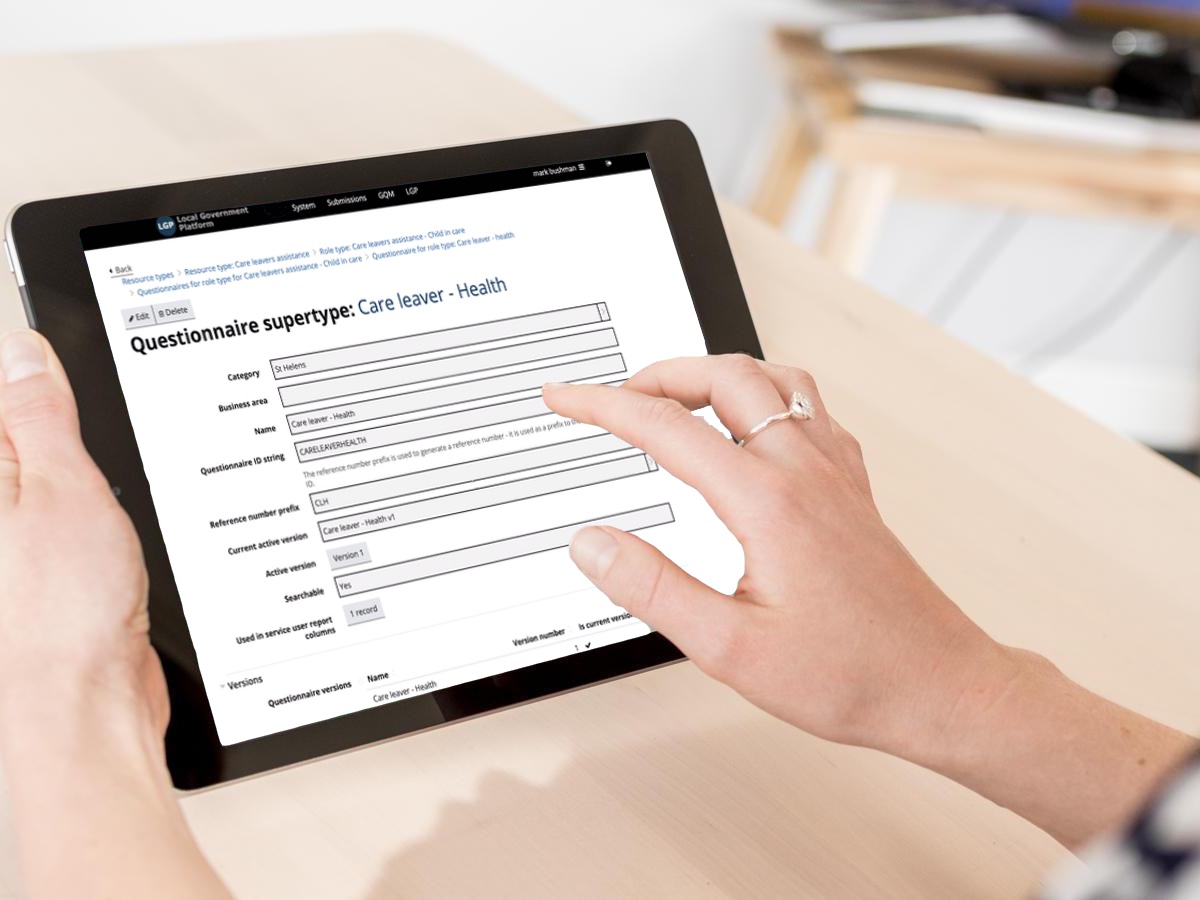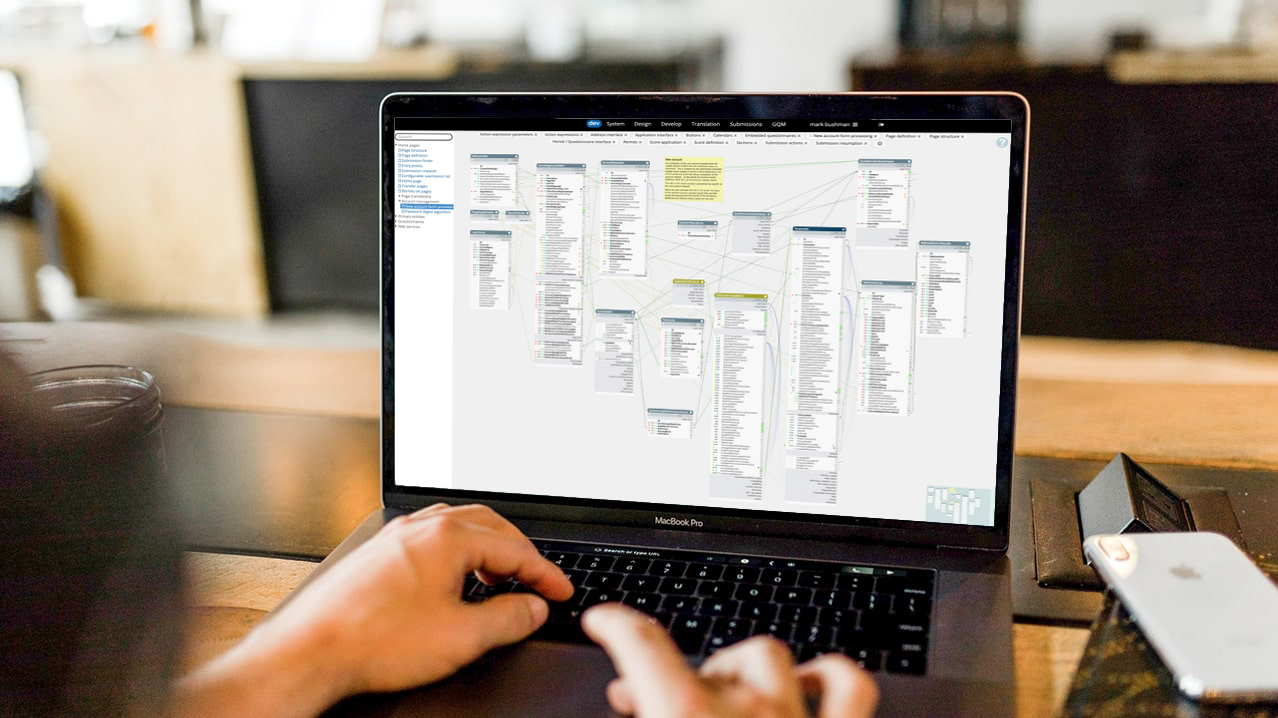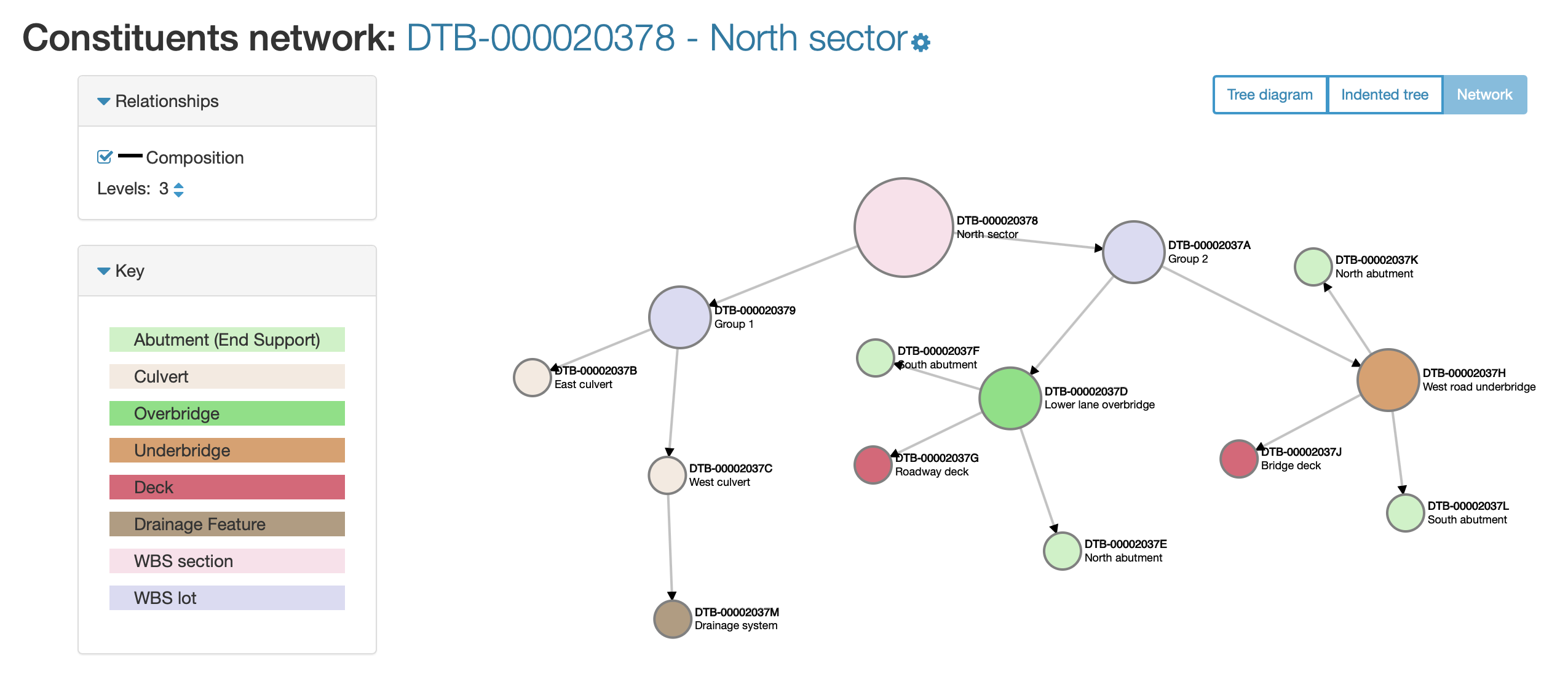Oracle Forms has been around since before the days of client/server computing, and numerous Oracle Forms applications have been faithfully meeting business requirements for many years.
But Oracle Forms is now an old technology, and it is not scalable to modern standards, especially with requirements such as cloud hosting and access via any device (like smart phones and tablet computers).
Oracle Forms was designed for desktop data driven applications, it wasn't designed for mobile delivery, which considering when it was created, long before the devices that we consider to be part of everyday life hadn’t yet been invented, why would it have been?
Oracle Forms met many business needs in its day, but now something a little more future-proof is required. Accordingly, Oracle Forms users should be thinking "what are my options?"
Firstly, you could do nothing and remain unsupported. Some Oracle Forms applications have run for many years without any issues, however doing nothing is not really a sensible idea.
Desktops are continually being upgraded to newer operating systems, (for example Windows 11 was recently released) and new browsers (and versions of them) are constantly being introduced.
Additionally, users have an expectation that they can use modern smart devices and with many people now working remotely, having a work process that requires legacy equipment/software is not going to be tolerable to (or possibly even practical for) your users for very long.
Accordingly, for most organisations, a redevelopment away from Oracle Forms makes the most sense and really is the only option.
Oracle Forms is arguably better than many of the forms engines that exist today as there was at least a database application behind the scenes. Many forms engines today, gather data via a questionnaire and they provide the outcomes as a list that you can query in Excel, but this is a very tactical solution and more often than not, this just isn’t enough.
You need something with more power, and longevity. You need kinodb the development and deployment platform, by datb.
kinodb provides a toolset that allows for an application to be configured as a model, rather than needing to write lots of code.
It is also supported by a proper database, so any data that you need to gather can be integrated with your core systems. This means that your gathered data is not kept in a silo. kinodb provides a mechanism to provide the data to those that need it; those that make the business decisions.
Everything about a kinodb application (not just the simple bits) is specified in a metadata model. This means that an update to the kinodb framework (for instance to accommodate a new database platform and browser versions) updates all kinodb applications without the need for change to the applications themselves. This completely removes the need for periodic re-engineering of complete systems as underpinning technologies become end-of-life.
For example, we have customers running applications first developed over 16 years ago. These customers can now access their applications based on a MariaDB database, on a device like an iPhone, neither of which even existed 16 years ago. This is the opposite of legacy software.
Oracle Forms is one of the best examples of a technology that obtained reliability, productivity and a very large following very quickly, and has been a stable environment for businesses for many years. But times have moved on and unlike applications built on kinodb, Oracle Forms applications are now considered legacy.
Find out more about the benefits of kinodb here.




